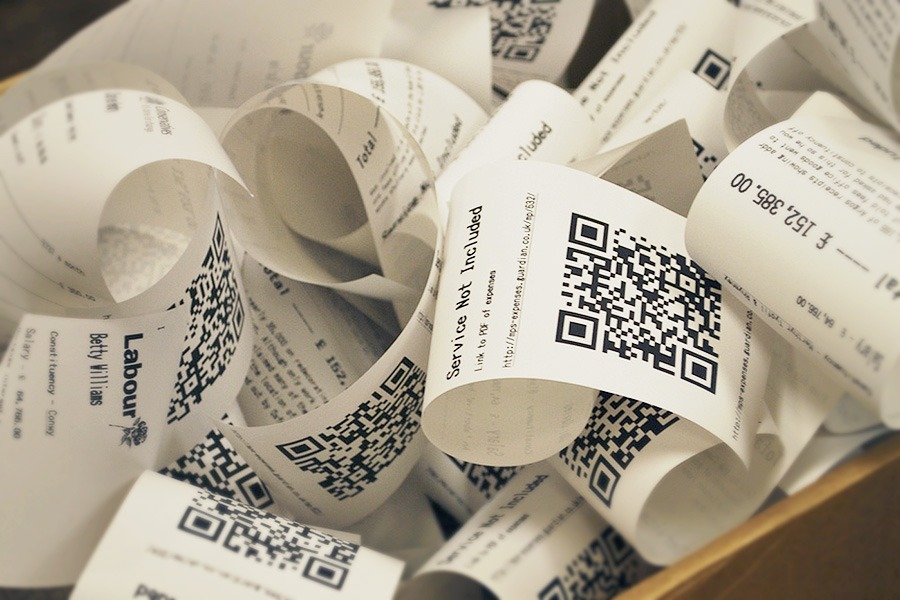
Saving the Receipts: What to Keep and What to Toss
Most receipts you’re given by the cashier don’t need to be saved. However, not all of them should be destined for the recycling bin just yet. Here are the receipts you absolutely should keep, and those you can comfortably throw away.
Save Receipts for Taxes
There are some expenses that you can write off in your taxes. Be sure to check what is and isn’t a possible deduction for your tax situation. For instance, if you’re self-employed, your new computer may count as a business expense. That money you donated to your local shelter could also be a charitable write-off if you itemize your taxes.
If you’re unsure if it’ll count as a deduction, keep it just in case. You’ll need records to prove that it cost as much as you claim when tax time rolls around. However, typical groceries are unlikely to be write-offs, so you can toss those receipts away. With that said, some tax deductions vary from state to state, so always look up your state laws!
Assets
Assets make up your total net worth as a tax-paying citizen. This can include your income, savings, personal cars, assessed property (like real estate), stocks, and much more. Any time you purchase an asset, hold on to the receipt! In particular, there are some assets that the IRS considers to depreciate in value every year, which you can then write off, at least partially. Talk to a tax professional or pay attention to all the modules in your tax software if you DIY your taxes.
Child Expenses
This doesn’t apply for feeding and clothing your child, but there are some kid-related tax deductions that need a receipt in order to qualify. For instance, you may be able to deduct some childcare and summer camp costs if you work. And in some states, certain college savings plan contributions could also be tax-deductible.
Medical Expenses
You’re allowed to receive tax deductions based on unreimbursed medical expenses, but only if they exceed a certain percentage of your adjusted gross income. For 2023, that amount is 7.5%. So if your income is $50,000 then your necessary medical expenses for the year must be over $3,750.
Bank Statements
Keeping bank statements is especially important if you’re self-employed or work a self-employed gig on the side. Bank statements can also be an alternative way to provide a receipt for expenses if you no longer have the physical receipt.
Tax Deductible Donations
There are some non-profits and other charitable entities that, when you donate items to them, allow you to deduct the value from your taxes. Most people end up using the standard deduction but if you itemize, you can use this deduction up to half of your total gross income.
Recycling Bound
Daily purchases typically will not be used or asked for when filing your taxes. This includes:
- Groceries
- Entertainment
- Transportation
However, not all receipts are used for tax purposes! Depending on who you work for, if you’re on a business trip, you can be reimbursed for certain expenses. Make sure you look up what is and isn’t possible for reimbursement before you buy.